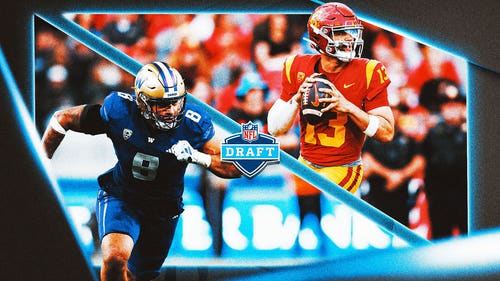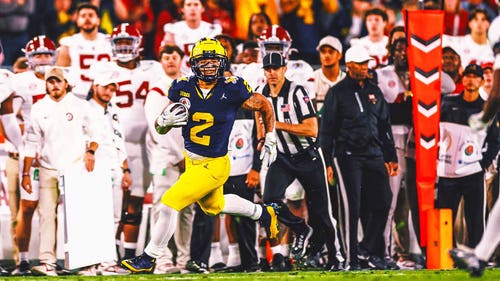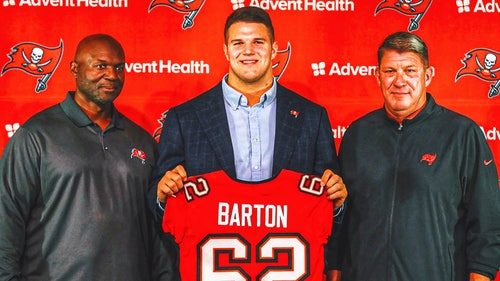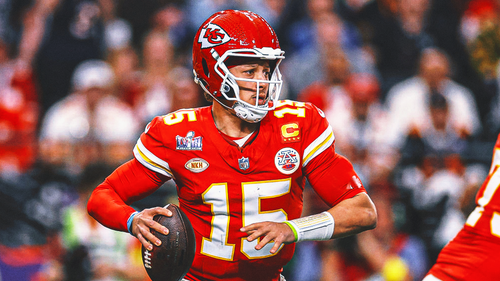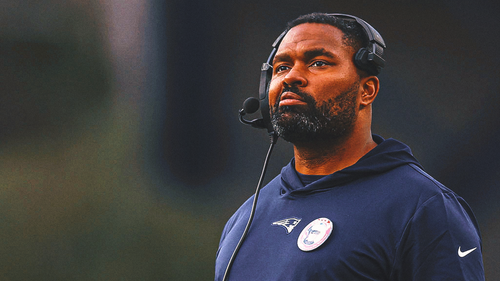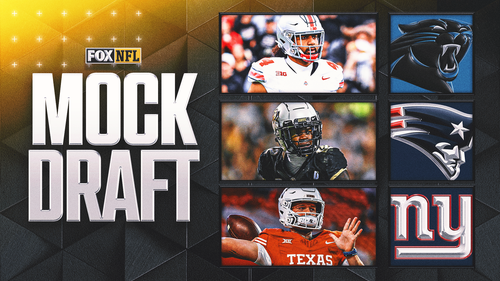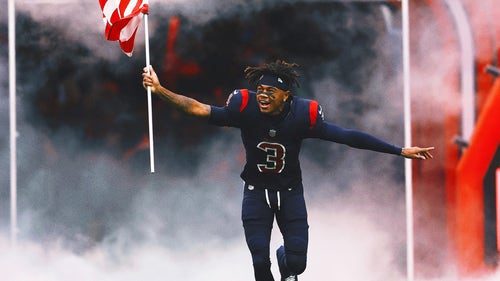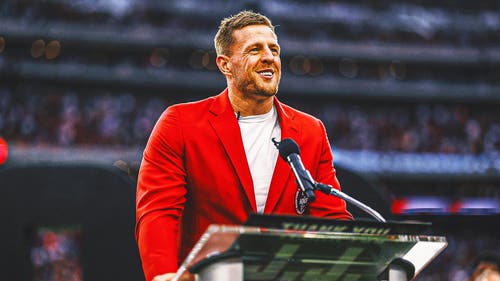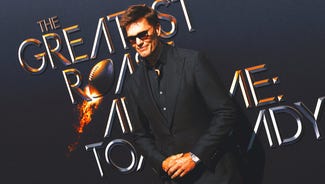
Week 11's biggest calls
There was no shortage of drama — or unusual plays — in Week 11. Besides an overtime win by Washington in Tennessee, we had a holding penalty that caused a safety, two illegal wedge calls, an illegal touching that led to a 97-yard punt return for TD in Dallas and an ejection of a Raider. Some might not think the last one was so unusual.
But let's get right to this week's discussion points.
1. Detroit at Dallas
THE SITUATION: I want to focus on a couple of plays involving Dallas running back Marion Barber where two horse-collar penalties were called against the Lions in the fourth quarter.
THE PLAYS: The first was at 12:58 of the fourth quarter, with Dallas holding a 21-19 lead and the ball, second-and-13 from the Detroit 13-yard line. Detroit's Ndamukong Suh grabbed Barber by the hair and then by the collar, but let go before Barber hit the ground. Suh was penalized and Dallas had a first-and-goal from the 5. At the 4:19 of the fourth, Dallas again had the ball, second-and-12 from its 49. Barber carried and was tackled by Julian Peterson, who was penalized for a horse collar.
MY TAKE: First of all, let's take a look at the definition of a horse-collar tackle. Rule 12, Section 2, Article 1: Grabbing the inside collar of the back of the shoulder pads or jersey, or the inside collar of the side of the shoulder pads or jersey, and immediately pulling down the runner. This does not apply to a runner who is in the tackle box or to a quarterback who is in the pocket. In my opinion, the penalty called against Suh was not a penalty for two reasons. First of all, I believe Suh had a handful of Barber's hair and he pulled him by the hair. That is not a foul. If Barber is going to let his hair hang down out of his helmet, it's his tough luck if somebody grabs a handful in making a tackle. The second reason I don't think it was a foul is because Suh did not pull Barber to the ground. He actually did what the rule was intended for him to do, which was he let go before pulling Barber to the ground. The second horse collar called on Peterson is a foul. Peterson gets inside the collar of the jersey and pulls Barber down. It was all one act, and there was not a delay. The word "immediate" is a bit confusing. The rule should reflect that if the tackler pulls the runner down all in one motion, then it should be a foul.
2. Arizona at Kansas City
THE SITUATION: Arizona had the ball first-and-20 at its 45-yard line and trailed Kansas City 14-3 midway through the second quarter.
THE PLAY: Quarterback Derek Anderson completed an 18-yard pass to Early Doucet to the Kansas City 37. The Chiefs challenged the pass completion ruling, and the play was reversed
MY TAKE: This call has to be made correctly on the field by the officials. Doucet was airborn when he was contacted by the defender and the ball came out immediately when he hit the ground. It's a basic incomplete pass. The officials must get these type of calls right initially. This might be part of the reason there has been a pretty dramatic rise in the number of replays and reviews. Through Week 10, the number of reviews had increased by 44 from this same point last season (191 vs. 235). The number of reversals had increased by 17 (74 vs.. 91). The NFL is on a record pace in regard to a number of replay stoppages. The increase in replay stoppages affects the length and pace of games.
3. Detroit at Dallas
THE SITUATION: Detroit was punting at 9:38 of the third quarter from its 44-yard line.
THE PLAY: Detroit's John Wendling tried to down the ball, but Dallas' Bryan McCann picked up the ball at his 3 and went 97 yards for a touchdown.
MY TAKE: Dallas had very little to risk by returning this kick. Rule 9, Section, Article 2 states that first touching is when a player of the kicking team touches a scrimmage kick that is beyond the line of scrimmage before it has been touched by a player of the receiving team beyond the line. First touching is a violation and the receivers shall have the option of taking the ball at the spot of the first touch or can take the ball at the end of the play. Therefore, even if McCann had fumbled on the return, the Cowboys would have had the option of taking the ball at the spot where it was first touched by Wendling. Special teams coordinators are well aware of this rule and that's why you will see receivers try to get the ball after it has been touched by the kicking team.
4. Washington at Tennessee
THE SITUATION: Washington had the ball, second-and-22 at the Washington 27 with 11:42 left in overtime with the scored tied at 16.
THE PLAY: Donovan McNabb's pass to Fred Davis was intercepted by Alterraun Verner. Tennessee's Jason Babin was called for an unnecessary roughness penalty after the play. The replay assistant challenged the pass completion ruling, and the play was reversed.
MY TAKE: This is a play where replay hurt Tennessee in more ways than one. The pass was clearly incomplete, and the reversal was correct. The unnecessary roughness foul called against Babin is carried over to the reversal and is penalized from the previous spot. That gave Washington a first down at its 42-yard line. Only personal fouls or unsportsmanlike conduct fouls carry over after a replay reversal. Any other fouls such as holding or any 5-yard penalty are not enforced. This call was one of three defensive penalties on the Titans during the Redskins' drive that helped lead to the game-winning field goal for Washington. This was a good job of offciating by referee Terry McAulay and his crew.
5. Seattle at New Orleans
THE SITUATION: Seattle had just kicked a field goal with 5:26 left in the game to cut New Orleans' lead to 34-19.
THE PLAY: The Seahawks tried an onside kick that was first touched by the Saints' Lance Moore, but the ball was fumbled out of bounds and given to the Saints at the Seattle 42-yard line.
MY TAKE: This was a tricky play. The kick was first touched by the Saints' Moore, which made all kicking team members eligible. The problem was Seattle's Lawyer Milloy went out of bounds during the kick and failed re-establish before touching the ball. That makes the kick out of bounds at that point and the Saints get the ball there. Re-establishing coming back into the field of play is the same as completing a catch in bounds at the sideline. You must get both feet down or another part of your body other than your hand or foot. Because Milloy only got his left foot down before touching the ball, it merely became a kick out of bounds last touched by the receivers, which means the Saints got the ball first-and-10 at the Seattle 42.






































































































































